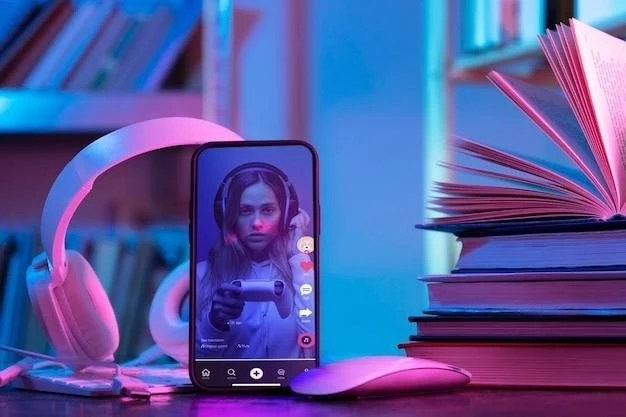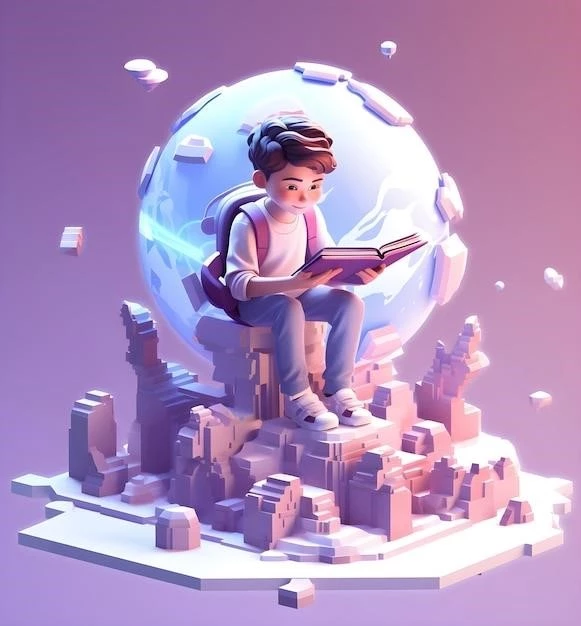As a lifelong learner, I’m always on the lookout for new and innovative ways to expand my knowledge and skills. The world of education technology is constantly evolving, and I’ve been particularly fascinated by the trends that are shaping the future of learning. Here are some of the key trends I’ve experienced firsthand:

Personalized Learning
One of the most exciting trends in education technology is the rise of personalized learning. Gone are the days of one-size-fits-all classrooms. Today, technology allows educators to tailor learning experiences to individual students’ needs and interests. I’ve personally benefited from this trend through adaptive learning platforms. These platforms use algorithms to assess my strengths and weaknesses, providing me with customized learning materials and activities. This personalized approach has helped me to learn at my own pace and focus on the areas where I need the most support. For example, in a recent online course on data analysis, the platform identified that I struggled with certain statistical concepts. It then provided me with additional resources and practice problems specifically tailored to those areas, helping me to master the material more effectively.
Artificial Intelligence (AI)
AI is rapidly transforming the education landscape. I’ve seen firsthand how AI-powered tools are enhancing the learning experience. For instance, I’ve used AI-powered chatbots to get instant answers to my questions, even outside of traditional classroom hours. These chatbots can provide explanations, offer examples, and even generate personalized feedback. In addition, AI is being used to create personalized learning plans, automate administrative tasks, and analyze student data to identify areas for improvement. As AI technology continues to advance, I expect it to play an even more significant role in shaping the future of education.
Virtual Reality (VR) and Augmented Reality (AR)
VR and AR are immersive technologies that are revolutionizing how we learn. I’ve had the opportunity to experience VR simulations that transported me to historical events, allowing me to interact with the environment and gain a deeper understanding of the subject matter. Imagine learning about the Roman Empire by walking through the Colosseum or studying the human anatomy by dissecting a virtual heart. These experiences provide a level of engagement and immersion that traditional textbooks and lectures simply can’t match. AR, on the other hand, overlays digital information onto the real world. I’ve used AR apps to identify plants and animals in my local park, and I can envision using them in the future to learn about historical landmarks or even get step-by-step instructions on how to complete complex tasks.

Gamification
Gamification is the process of incorporating game-like elements into non-game contexts, and it’s proving to be a powerful tool in education. I’ve personally experienced the benefits of gamified learning through online courses that use points, badges, and leaderboards to motivate learners and promote engagement. These elements encourage healthy competition and create a sense of accomplishment, making the learning process more enjoyable and rewarding. Gamification also helps to break down complex concepts into smaller, more manageable tasks, making them easier to learn and retain.
Collaborative Learning
Technology is fostering a more collaborative learning environment. Online platforms like forums, wikis, and collaborative document editors allow students to work together on projects, share resources, and learn from each other’s perspectives. I’ve found these platforms to be invaluable for brainstorming ideas, getting feedback on my work, and expanding my understanding of complex topics. Collaborative learning not only enhances the learning experience but also develops essential skills like communication, teamwork, and critical thinking.
Conclusion
The trends I’ve discussed represent just a glimpse into the exciting future of education technology. As these technologies continue to evolve, they will continue to shape how we learn, interact with information, and connect with each other. I believe that embracing these trends will be essential for educators and learners alike to stay ahead of the curve and prepare for the challenges and opportunities of the 21st century.










